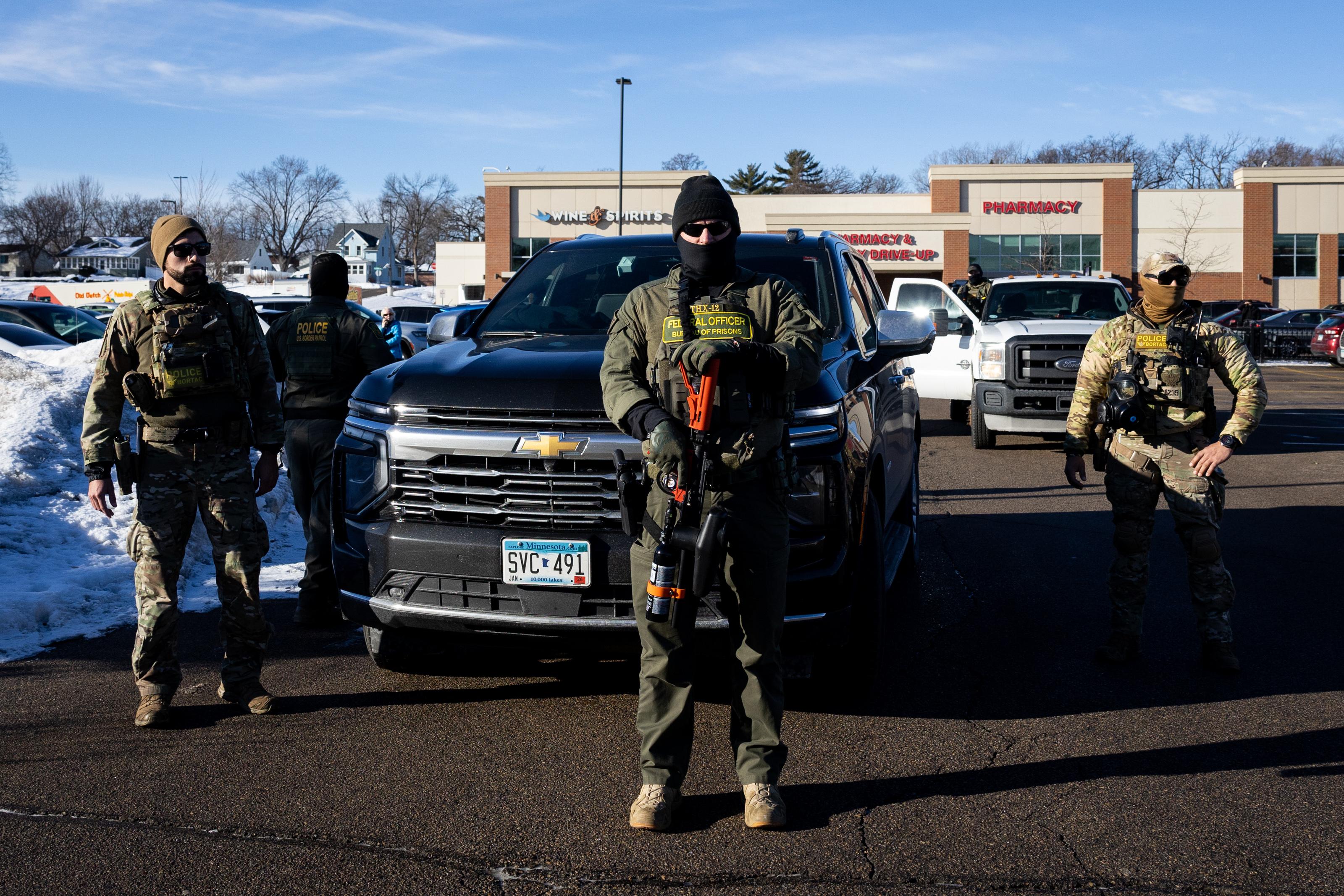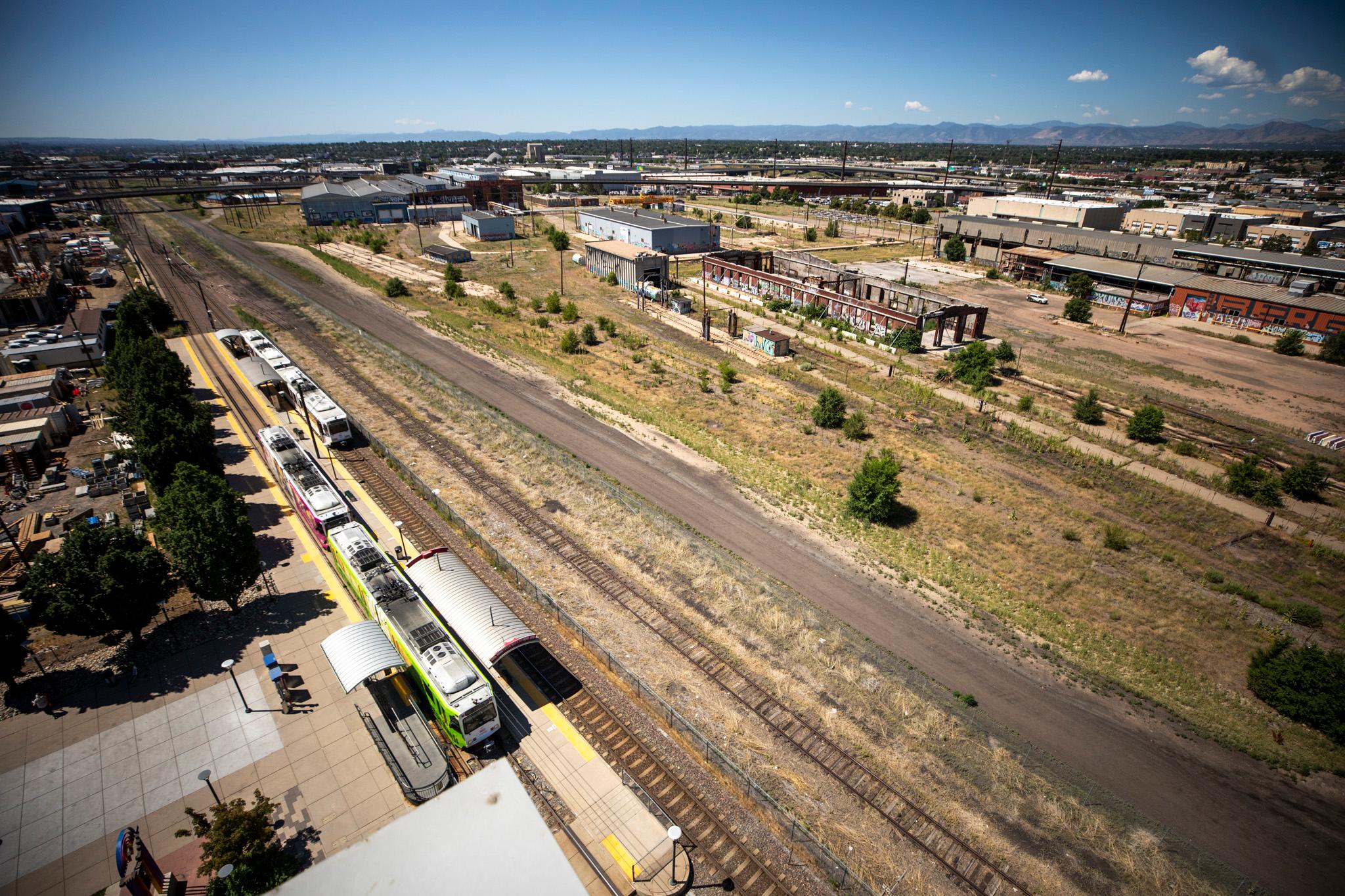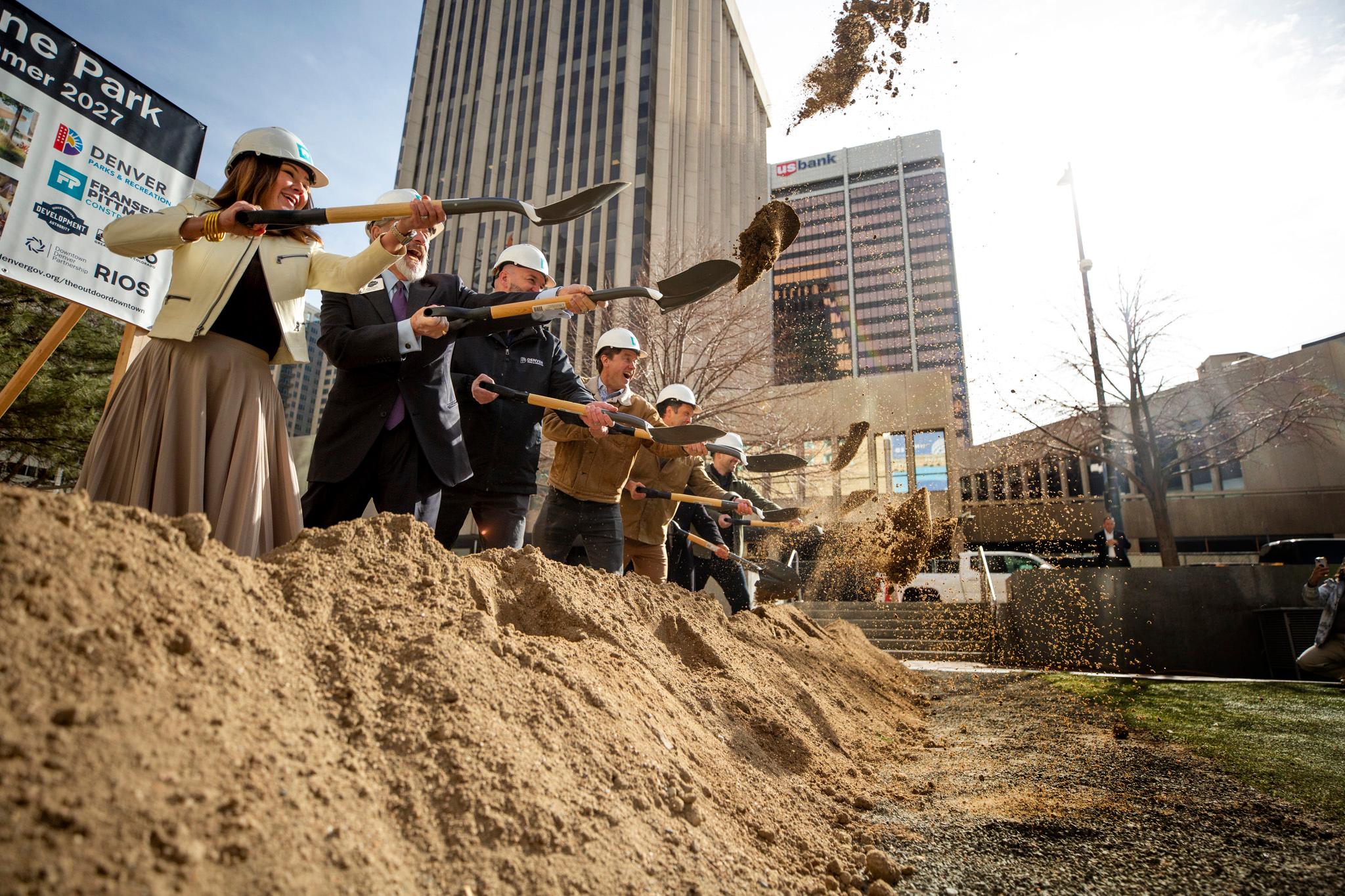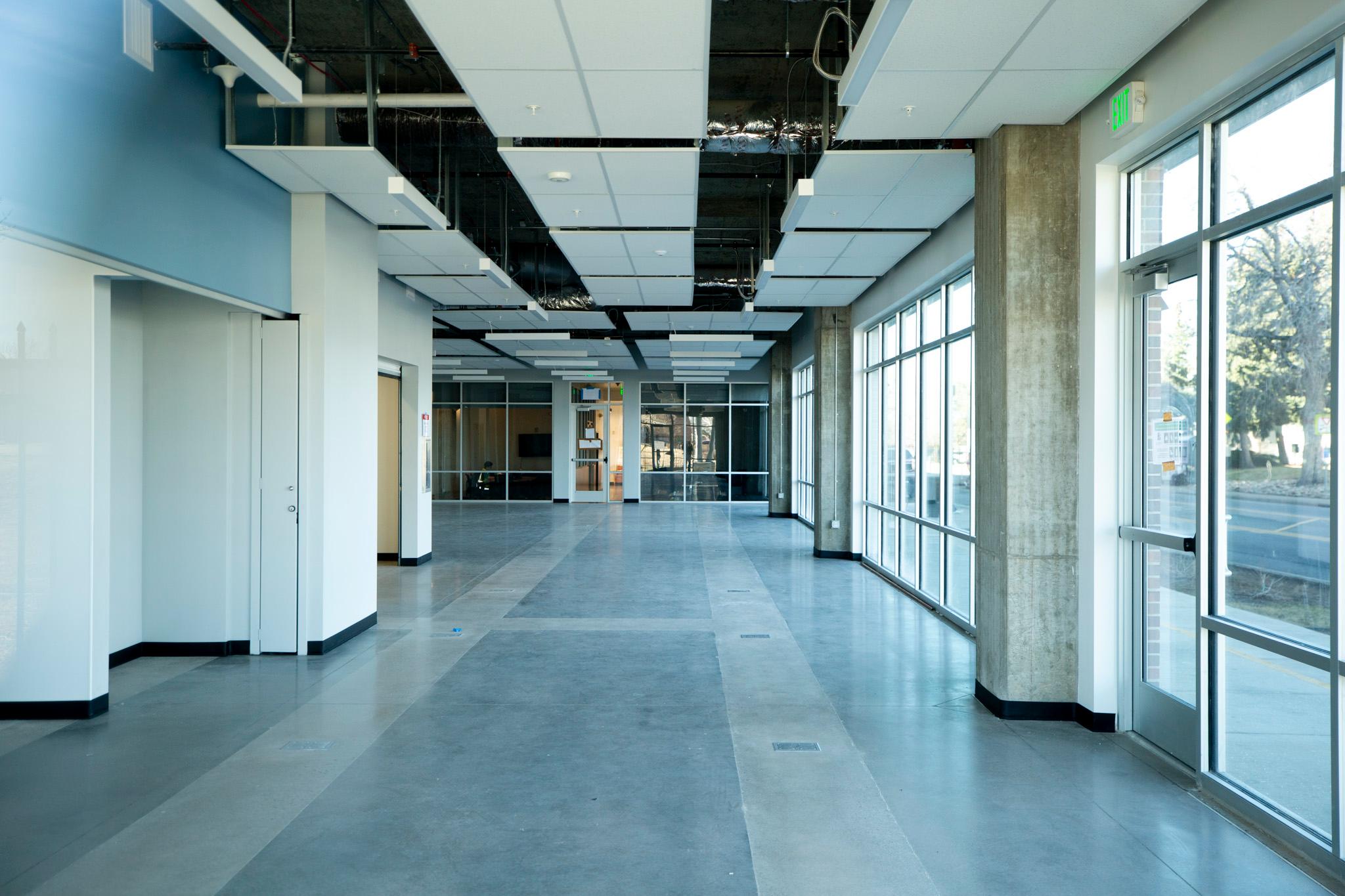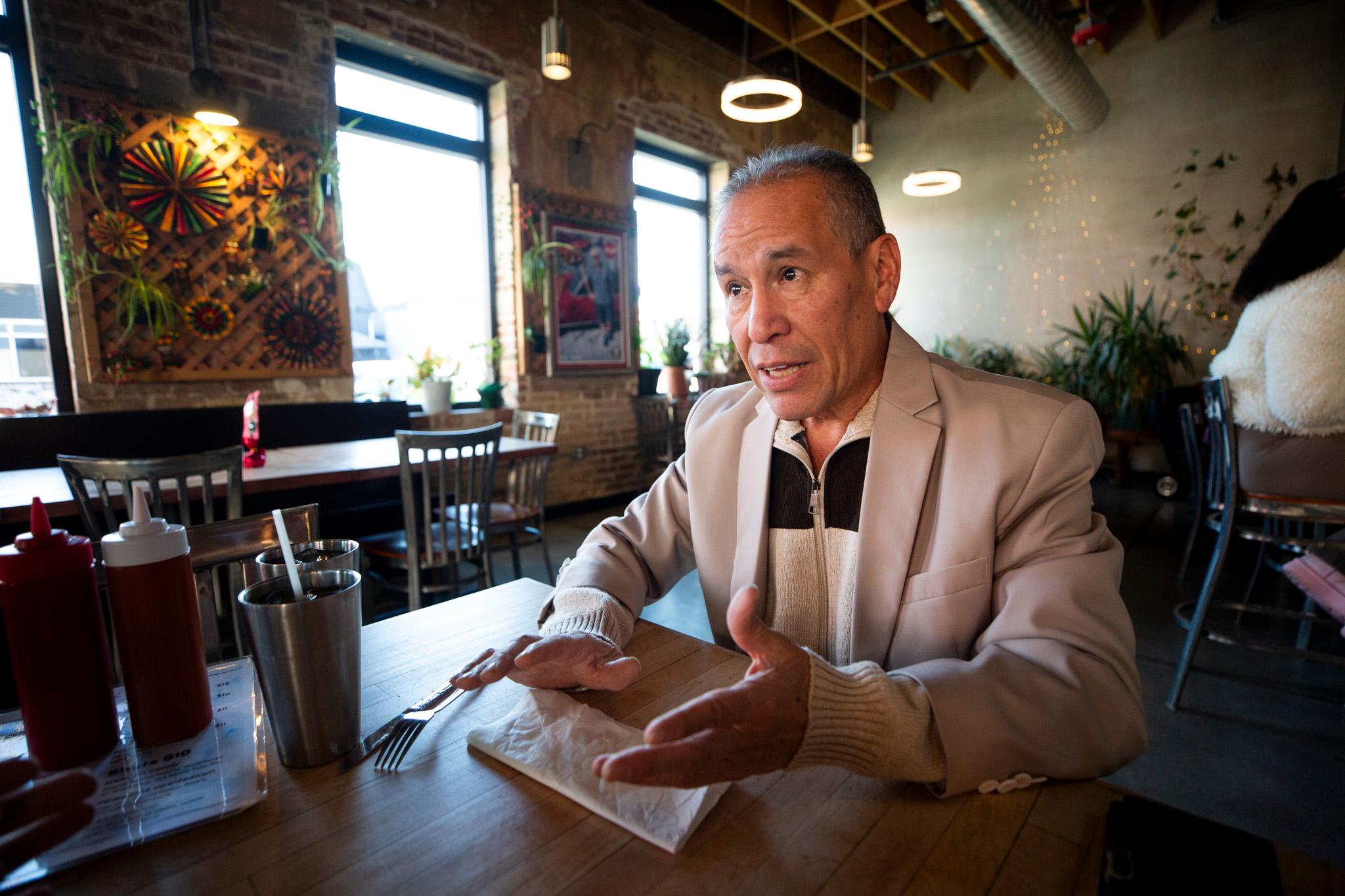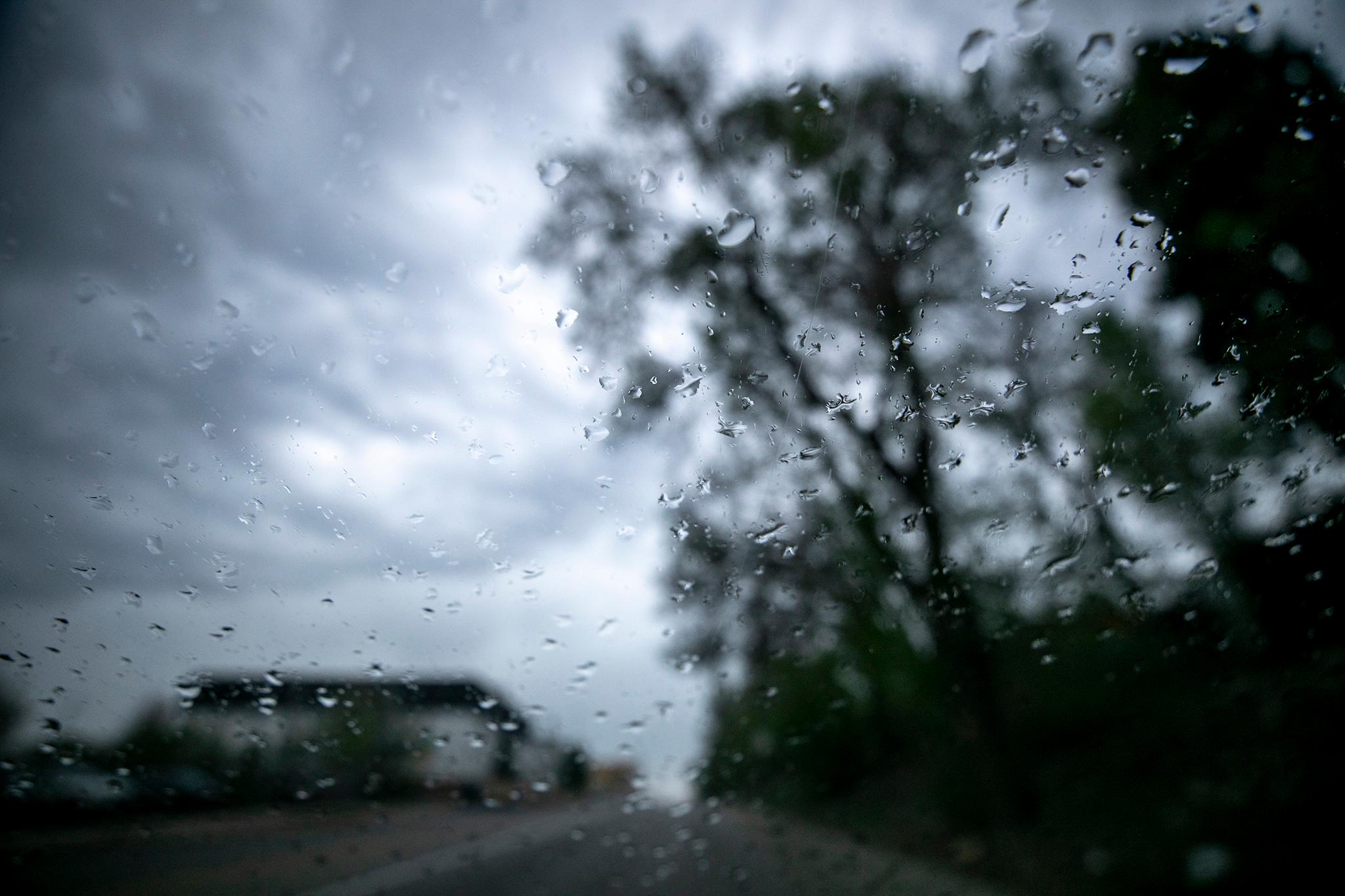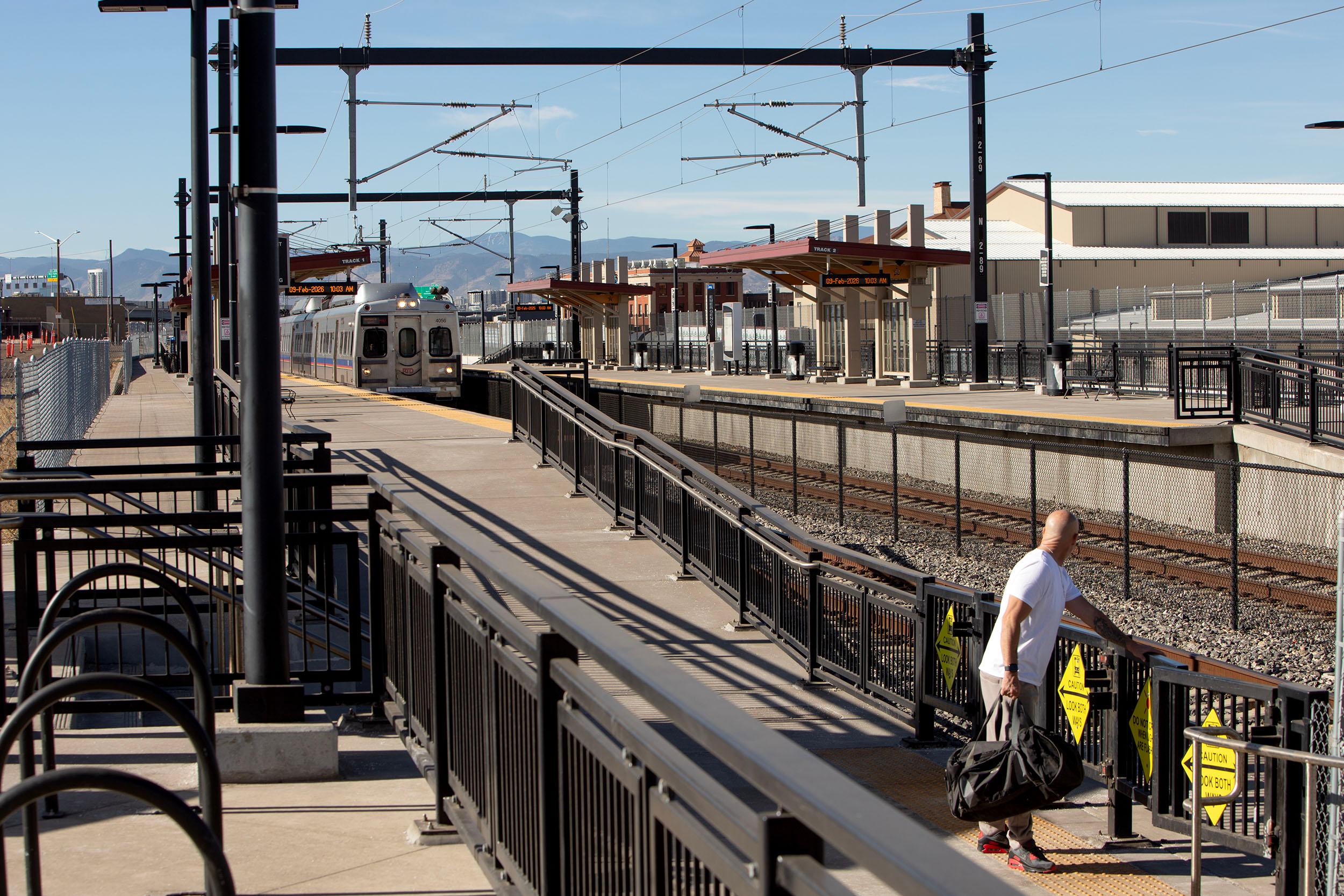With temperatures dipping below zero and snow on the ground, Denver’s cold-weather homeless shelter system is clogged with people.
The emergency shelters reopened on Feb. 8 during the current snap of cold weather. The city’s cold-weather shelters are meant to ensure everyone has a place to stay on the coldest nights.
On Tuesday night, six emergency shelters hosted nearly 500 people and 152 family households. Those beds are in addition to Denver’s 3,000-bed network of regular shelters.
But demand is high, and the shelters are strained. Some have hit capacity, while others are coming close. Homeless advocates have been asking the city to provide more shelter, saying people are freezing on the streets.
Now, the city is responding by opening the Denver Coliseum on Saturday, allowing it to shelter hundreds more people. The Coliseum is an arena on the campus of the National Western Center.
“It’s absolutely necessary,” said Terese Howard, an advocate with Housekeys Action Network Denver, an advocacy group. “It’s long been necessary.”
While advocates are glad to see the Coliseum open, they called on the city to spread the word far and wide. Most people on the streets learn about cold-weather shelters through word of mouth, according to HAND. It takes time for information to spread.
Street homelessness remains a serious challenge for Denver.
Mayor Mike Johnston has been pushing to bring people into the streets toward permanent housing through All In Mile High and has celebrated the end of encampments downtown. But HAND estimates thousands of people are still living outside in neighborhoods across the city.
“There's a significant chunk that's not even counted in those shelter numbers, of folks that are not going to do the shelter system,” Howard said.
She estimates 80 percent of people living outside decline shelter, even in the cold.
“So this is speaking to very large numbers, much larger numbers than the mayor wants to admit, that are still out on the streets and just not visible,” she said.
Howard estimates as many as 1,600 additional beds need to be opened to meet the demand.
The city responds to the lack of beds.
On Wednesday morning, HAND called on Mayor Mike Johnston to activate backup emergency shelters in the McNichols Building, the Coliseum and the National Western Center, or other city-owned spaces, as it has in the past.
By the afternoon, HOST announced it would open the Coliseum as a cold-weather shelter on Saturday.
“We’ll continue to monitor our system capacity in order to meet the needs of our community,” wrote city y spokesperson Derek Woodbury in an email to Denverite.
This cold spell has been rough on the shelters. On Tuesday night, some winter shelters hit capacity. Others came close.
“While shelter capacity is tight, we continue to have space available across our shelter network to serve people in need, and no one is being turned away from cold weather shelters,” Woodbury said.
Some shelters have open overflow spaces for people to come indoors and seek protection from dangerous weather, he explained. And 24/7 transportation is available at cold weather shelters, in case those facilities are full.
“Staff are moving people into empty beds across the system,” he wrote.
The city opens its cold-weather shelters when nighttime lows are forecasted below 25 degrees. The city recently changed its policies, ensuring the shelters are open more often, and that shelter is available 24 hours a day.
Cold-weather shelters have fewer restrictions about who can be admitted.
Where to get cold-weather shelter.
People looking to get out of the cold can head to a “front door” shelter access point. Even if those shelters are full, they offer transportation to other parts of the network.
Those include:
- Denver Rescue Mission Lawrence Street Community Center, 2222 Lawrence St., for individual men.
- Samaritan House, 2301 Lawrence St. for individual women.
- Urban Peak, 1630 S. Acoma St. for people 12 to 24.
- The Connection Center for families, reachable at 303-295-3366.
- The Aspen, formerly a DoubleTree hotel at 4040 Quebec St.
- City-owned facilities at 2601 W. 7th Ave. and 375 S. Zuni St.
The Coliseum will open on Saturday at 4600 N. Humboldt St. on Saturday, Feb. 15, at 3 p.m. and be open at least through Thursday, Feb. 20, at 11 a.m.


